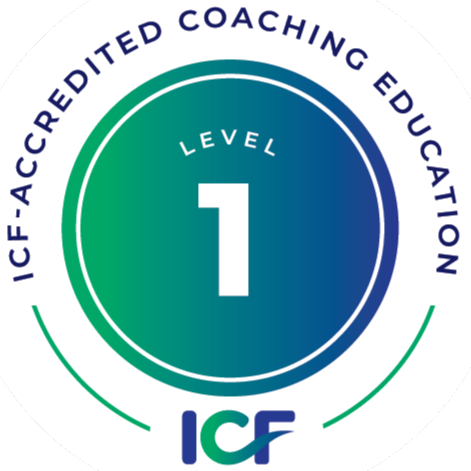
by Kira Freed, M.A., BCC, CLC, CWC
When I share with people that I’m a certified life and wellness coach, a common response is: “I’d probably make a great coach—I’m always giving people advice.” When I hear this, I chuckle to myself and calmly explain that coaching isn’t about giving advice—it’s about empowering clients to access their own “inner advisor.”
Why is this distinction so important?
As coaches, we have a wealth of life experiences that have shaped our perspective on what empowers people. However, we really don’t know what exactly will work for any particular client. Supporting clients to deepen their inner sense of which steps fit and which ones don’t allows their true path to emerge over time. As they try on various options and get a sense of “that’s not quite it, but we’re getting closer,” clients take their theories about their lives out for test drives and make course corrections that point them in the right direction.
To the extent that we think we know what a client needs, we’re likely operating from our own assumptions rather than a quality of presence that’s crucial to the coaching process. When we hear an inner voice thinking, “What you need to do is [fill in the blank],” we’ve lost touch with our coaching mindset and need to find it again.
How do we access that quality of presence?
A great strategy for accessing presence is to bring our awareness to whatever isn’t presence. One way to think about it—borrowed from Internal Family Systems (a brilliant psychological model)—is that we each have a Self that is naturally calm, caring, compassionate, and other qualities that combine to create presence. We also each have many “parts” (subpersonalities) that have various agendas and that sometimes interrupt our ability to be present. Examples of coaches’ parts that may interfere with presence include:
- Parts that may want to be directive instead of following the client’s lead
- Parts that retreat into analyzing because it’s safer or more comfortable
- Caretaking parts that may feel, and even convey, a “you poor dear” sentiment
- Parts that fear a client’s strong emotions and that may try to keep a tight lid on a client’s feelings by steering the conversation away from certain topics
- “Need to be needed” parts that may try to arrange for the coach to be indispensible
- Parts that get distracted or restless while on the phone with a client
- Parts that identify with a challenge the client is experiencing and become enmeshed or overwhelmed
If you notice one or more of your own parts getting triggered during a session, you have several options:
- Internally ask the part to relax and assure it that you’ll give it attention after the session. (Be sure to follow through later by listening to its concerns.) You may find it useful to write a quick reminder to yourself so you can let go of the thought for the rest of the session.
- Say to your client: “I need a quick moment to ask one of my parts to relax and step back.” Far from being an interruption in the coaching, you’ll be modeling Self-leadership for your client.
- If appropriate, you can share with your client about your part that got triggered. This one is particularly useful if a client gives you feedback about a misattunement. For example, you might say: “I have a part that’s really rooting for you to succeed, and it occasionally jumps in and tries to get me to rush the process. I realize that rushing interferes with our work, so I’m going to ask that part to relax and step back. I’ll also work with that part on my own and help it to trust the process of our work.” Again, that’s great modeling—it helps to build trust with clients because they see you taking responsibility for any of your triggered parts and setting an intention to work with them from a place of Self. At the same time, it’s important to keep in mind that the appropriate main focus of sessions is the client’s coaching goals, not interpersonal processing between the coach and client.
- Work with the part after the session and attend to its concerns. Also ask yourself: What will enhance my ability to lead from Self with this client?
- Work with a mentor coach or a colleague to calm down and attend to any parts that habitually get triggered in the process of coaching clients. This is also an appropriate place to explore when it is and isn’t appropriate to disclose to a client about any of your own parts.
It can be tempting for coaches to align with the parts of clients that want to move full steam ahead toward a goal. It’s crucial for coaches to recognize our own parts that are obscuring our access to Self. When we’re in Self, we trust the client’s process—both the pace and the route. Self-led coaches do our utmost to notice when we aren’t in Self and to cultivate our ability to return to a state of presence with our clients. We also learn to compassionately attend to our distressed parts so that, more and more, being present comes naturally to us.

Kira Freed, M.A., BCC, CLC, CWC, is a certified life and wellness coach and freelance writer who received her coach training from ILCT. Her innovative coaching style incorporates Internal Family Systems (IFS), a gentle, respectful, cutting-edge psychological model that can turbocharge coaching. Kira’s website is http://www.kirafreedcoaching.c....




